Certain smells that are pleasing to humans, or even entirely unnoticeable by our noses, expose your dog to discomfort. They’ve got super powerful noses, so we’ve compiled 17 smells that are unbearable to your dog, helping you to create a nicer-smelling environment for it.
Ammonia
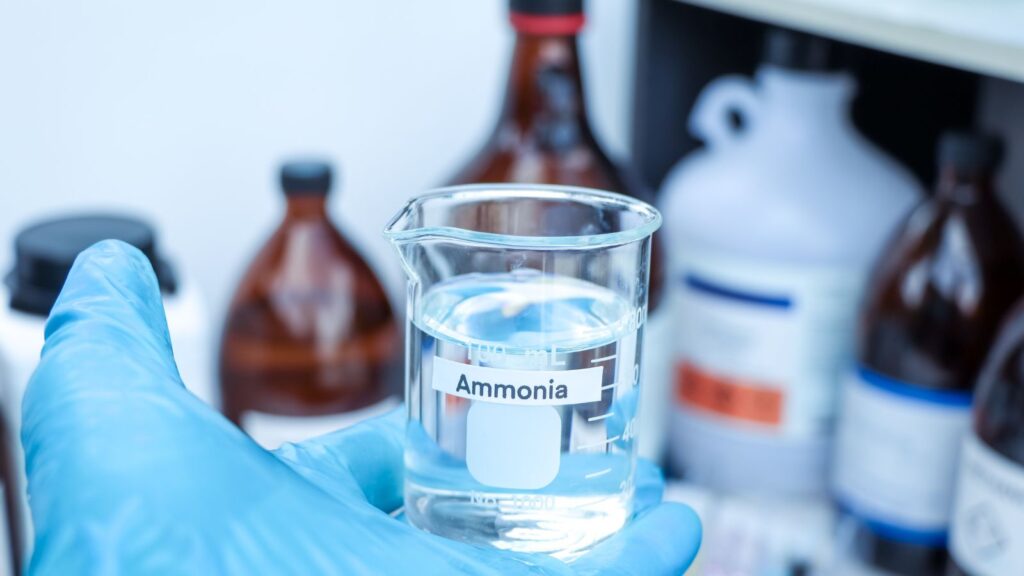
Ammonia has a very strong smell that irritates the nasal tissues of dogs, and we all know how sensitive dogs’ noses are. However, ammonia doesn’t stop at being repulsive; it’s toxic to your dog too! Exposure to ammonia can actually cause damage to your dog’s throat, respiratory tract, and stomach!
Vinegar

The acidic nature of vinegar has a sharp smell that can overwhelm your dog’s sense of smell, making it feel uncomfortable. What’s more, this common household item’s smell typically lingers on for a long time and can be perceived from relatively long distances away. So, keep your vinegar away from your dog!
Citrus

Citrus fruits have aromatic smells that are also too strong for your dog’s sensitive nose. However, these smells are pleasing to humans and linger on surfaces for a long time. According to The Spruce, these qualities make citrus fruits great repellent options for your home—that is if you don’t want dogs around!
Chili Peppers

The active component in chili peppers, capsaicin, which makes them hot, is also a natural irritant and neurotoxin to your dog and even you. Its spicy smell is overpowering for your canine companion, especially when it comes to breathing, and this causes it to avoid areas where peppers are perceived.
Nail Polish and Remover
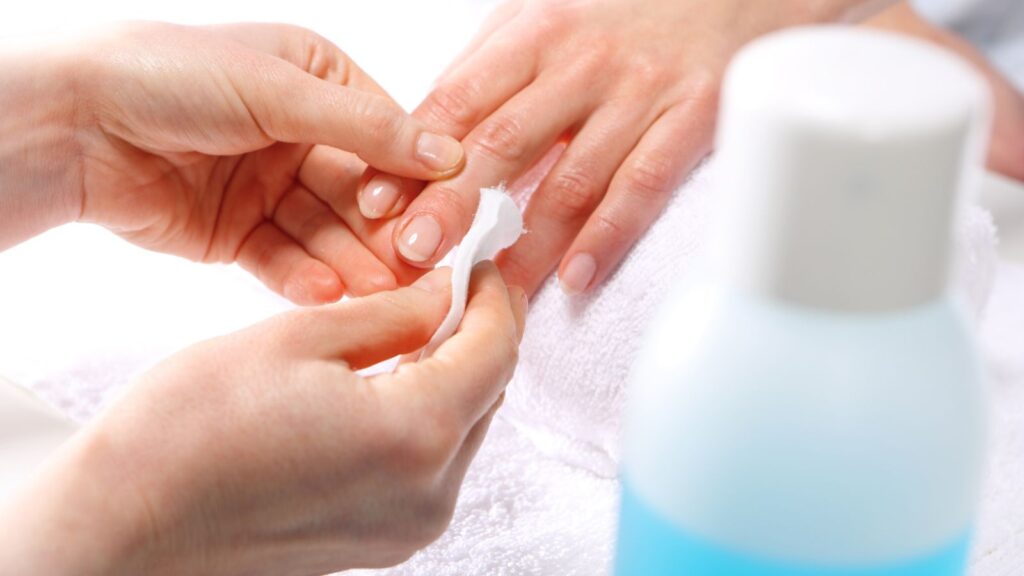
The fumes from human nail polishes, especially polishes that contain harsh chemicals like acetone, go beyond just being overbearing for your dog. They also disorient them too! The acrid smell puts your dog in discomfort and can cause some respiratory problems, particularly in dogs with short snouts.
Perfumes

Cologne may be pleasing to you, but for your dogs, it becomes too overwhelming to deal with. Some synthetic chemicals in perfumes are unfamiliar to your dog, making it wary of anywhere it perceives these fragrances. So, it’s best to save your perfumes for when you’re heading out without your dog!
Essential Oils

We all know how concentrated essential oils’ smells can be, so it’s no surprise that dogs actively avoid them. Frustratingly, these oils vaporize into the air, and the ASPCA points out that they could cause serious behavioral and respiratory issues when in close contact with your dog.
Bleach
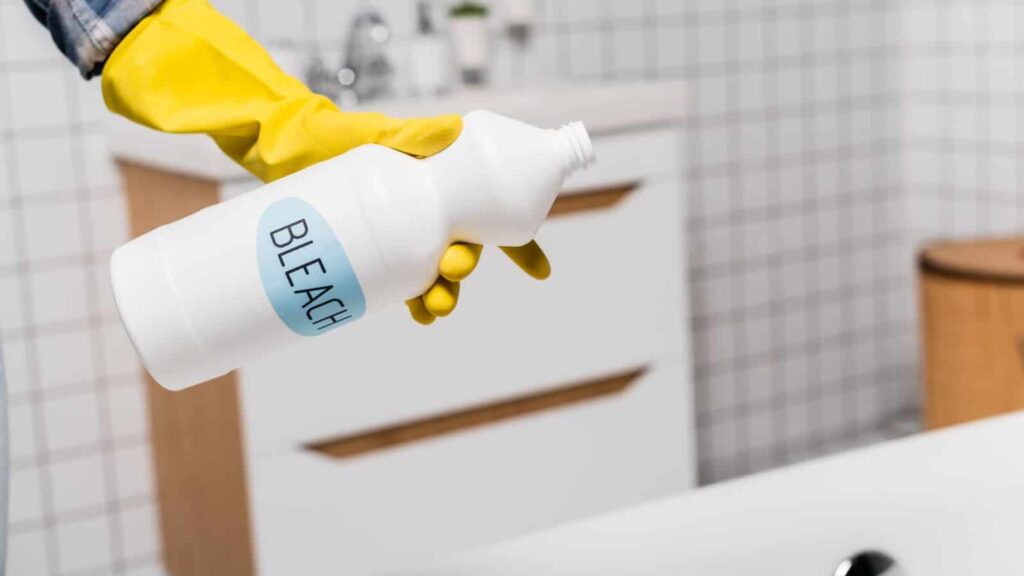
Bleach is just as toxic to your dog as it is to you; the chlorinated fumes from bleach are corrosive and harsh, and they can cause damage to your dog’s respiratory tissues. You have to be careful when using it as a disinfectant to avoid canine complications like vomiting and seizures from ingestion.
Onions and Garlic

Onions, garlic, and other allium vegetables, such as chives, shallots, and leeks, are toxic to both dogs and cats. Organosulfur compounds released when onions and garlic are cut give them that pleasing flavor and aroma, but they are too sharp for your dog’s sensitive sense of smell, so keep them away!
Coffee

Coffee, whether in the form of beans or in its brewed state, has a strong, bitter smell that dogs just can’t stand. Ground coffee is the most repulsive, and it can linger for a long time, especially in enclosed rooms. Strangely, not all dogs are pushed away by it, but most are.
Mothballs
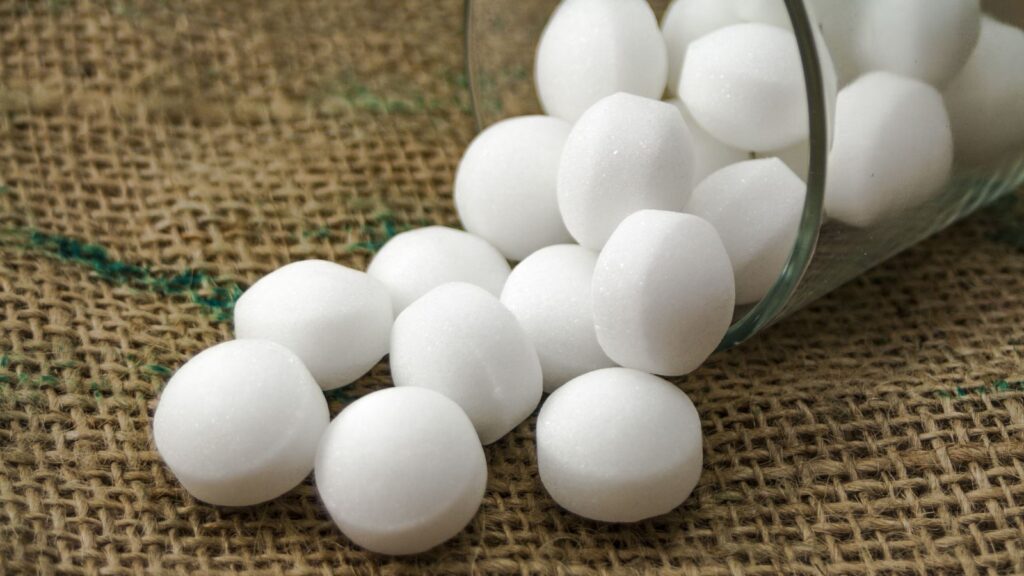
The high concentration of insect repellants in mothballs makes them toxic to your dog, too! Smells from common mothball chemicals are a deterrent to your dog, and constant exposure to these chemicals could harm it. There’s even more to worry about if your dog ingests mothballs, so be careful!
Cigarette Smoke

Smoke from cigarettes contains up to 5,000 chemicals that don’t stop at just leaving a long-standing, repulsive residue on your clothes or pet’s fur. The FDA also associates it with second-hand and third-hand health issues in dogs, like nose and lung cancer. That’s yet another good reason to quit smoking!
Paint Fumes

The VOCs (volatile organic compounds) in paint, during their evaporation, also emit strong odors that can be harmful to your dogs—especially through their eyes, mucus membranes, and respiratory systems. Consistent exposure to these fumes comes with the risks of nausea, dizziness, or allergic skin reactions, too.
Household Cleaners
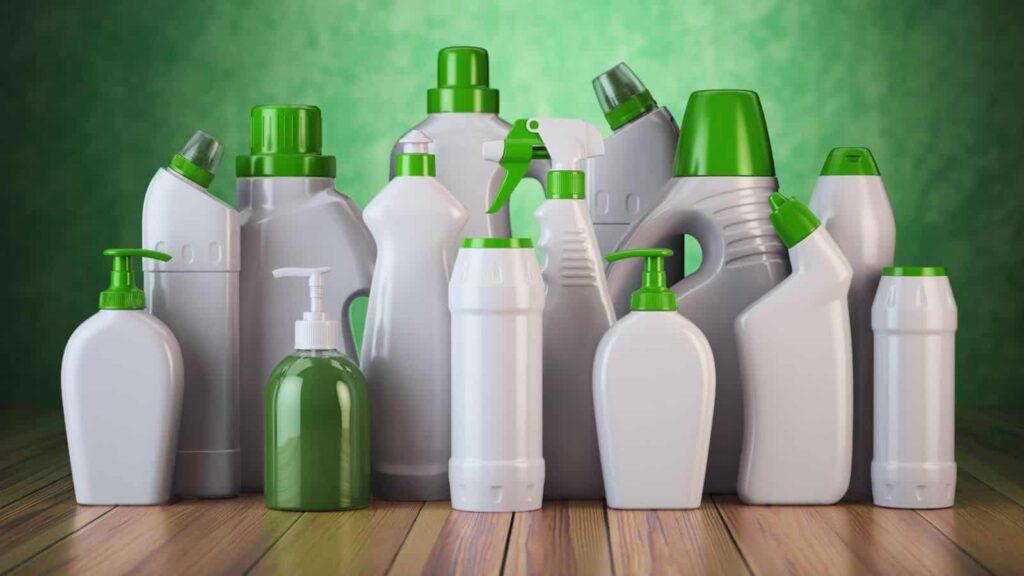
Chemicals in surface cleaners at home, which include the already-mentioned bleach, can be seriously toxic to your dog when inhaled. From irritation in the nose, eyes, and throat, complications could extend to your dog’s skin, stomach, gastrointestinal system, and respiratory system. Thankfully, plenty of dog-friendly alternatives are available.
Alcohol

The fermentation process of alcohol has a pungent smell that dogs dislike. When they come in contact with alcohol, they either sneeze or turn away as fast as they can. You have to be careful with it, as the AKC deems alcohol poisonous for your dog!
Incense

The problem with incense concerns the dense qualities of the fumes it releases. The smoky smell of incense, coupled with the additional scent it comes with, could irritate your dog’s eyes and respiratory lining, potentially worsening or even triggering underlying conditions like bronchitis and asthma. Best to crack a window open!
Menthol
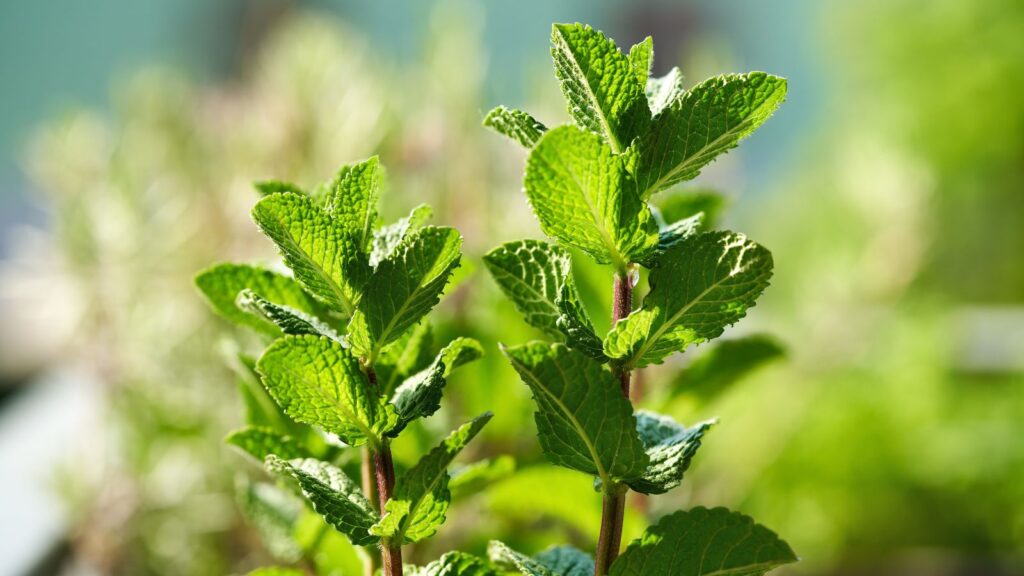
Finally, regardless of its source, menthol also irritates your dog’s nose and could cause serious complications to its oral and digestive tissues when ingested. If you use a mentholated air purifier, it’s best to wait for fresh air to dilute its fumes before bringing your dog into the room; otherwise, it will suffer, which isn’t fair!
Up Next: 18 Worrying Facts About Life in Medieval Times

The Middle Ages, also known as the medieval period, lasted from 500 AD to 1500 AD and is usually subdivided into the Early, High, and Late Middle Ages. Life in the medieval period was often brutal, with gruesome punishments, wars, and plagues. Here are 18 terrifying facts about life in the medieval period.
18 Worrying Facts About Life in Medieval Times
19 Easy Ways to Fall Back Asleep After Waking Up in the Middle of the Night

We’ve all been there—it’s dark, quiet, and you’re tired, but you’re still constantly tossing and turning, only to finally fall asleep minutes before the alarm goes off! Waking up throughout the night isn’t just frustrating; it also seriously impacts your energy levels. This article focuses on 19 scientifically proven methods that may help you drift back off more easily.
19 Easy Ways to Fall Back Asleep After Waking Up in the Middle of the Night
17 Things That Are Too Woke For Boomers

Our society is so different from what it was decades ago, and boomers don’t like much of what everyone considers normal in today’s society. In this light, here are 17 things about ‘woke culture’ that particularly make boomers uncomfortable.

